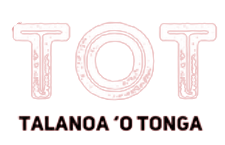Kiribati’s targeted social support initiatives have reduced poverty levels by up to 70%, according to Women, Youth, and Social Welfare Minister Ruth Cross Kwansing.
Addressing the UN Commission on the Status of Women (CSW69) in New York, Minister Kwansing highlighted the nation’s focus on assisting the elderly, unemployed, and individuals with disabilities. She described the 1995 Beijing Declaration and Platform for Action as “a pivotal moment in our global journey toward achieving gender equality,” noting her own political appointment as “evidence and intent, of our progress as a nation.”
Kiribati’s national review has refined social protection, justice, education, and policy reforms, driving impactful activities and projects. Behavioural change initiatives are fostering positive shifts, enhancing a national response system called SafeNet, which provides survivors with dedicated support.
Minister Kwansing emphasized the government’s commitment to addressing emerging threats, stating, “Our determination is clear in the government manifesto, and we are actively addressing emerging threats like technology-facilitated violence, prioritising prevention, economic empowerment, and legal protection for women and girls.”
Climate change remains a significant concern for Kiribati. The nation has integrated gender into disaster management strategies, placing “women at the heart of our disaster management and adaptation strategies,” as highlighted by Minister Kwansing.
Despite progress, challenges persist. Minister Kwansing acknowledged that “women still face economic barriers and gender-based violence,” with climate change further impacting “women’s economic opportunities, health, and education.”
The CSW69 session concludes on March 21, aiming to adopt an action plan to further gender equality initiatives globally.




